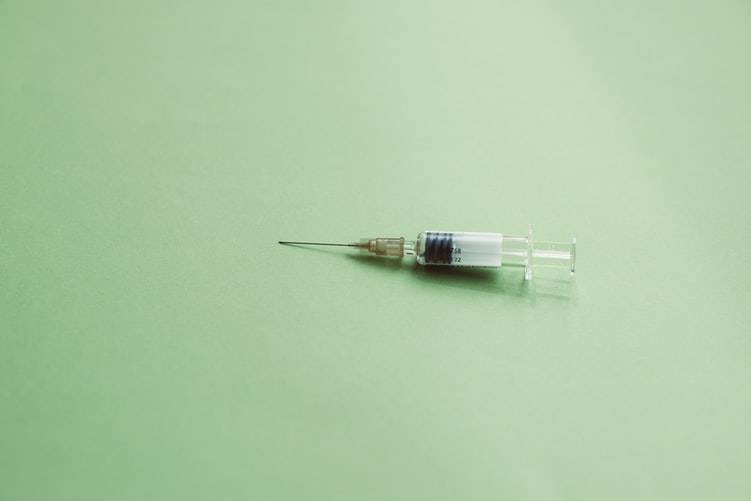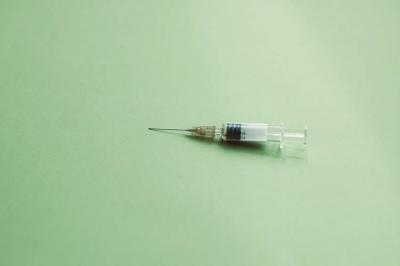The German company "Curevac" announced on Wednesday that the final results of a large-scale clinical trial conducted on its experimental COVID-19 vaccine showed that it is only 48% effective in preventing the disease, which is significantly lower than other vaccines that utilize the same mRNA technology. The company stated in a press release that the clinical trial indicated that the experimental vaccine "CVnCoV" demonstrated an overall efficacy of 48% (83 cases in the vaccinated group and 145 cases in the placebo group) against COVID-19, regardless of the severity of the disease.
This result was anticipated since the company published disappointing preliminary data from clinical trials of this vaccine in mid-June. The company attributed that setback to the inclusion of a large number of viral mutations in those clinical trials. According to its statement issued on Wednesday, the Curevac vaccine showed slightly better efficacy among adults aged 18 to 60, with an effectiveness of 53%. Within this age group, the vaccine's effectiveness at preventing moderate to severe disease symptoms was 77%, and its effectiveness in preventing hospitalization and death due to the disease was 100%.
However, among study participants over the age of 60, the company was unable to determine the vaccine's efficacy statistically because this age group represented only 9% of the total participants. The statement quoted Franz-Werner Haas, CEO of Curevac, saying that despite this data, the company is confident that its experimental vaccine "provides valuable contributions to public health by offering complete protection to study participants aged 18 to 60 against hospitalization and death, with an efficacy of 77% in preventing moderate to severe disease symptoms."
It is now up to the European Medicines Agency, which is reviewing this data, to decide whether to approve the use of this vaccine or not. The European Commission had signed a contract with Curevac to purchase 405 million doses of its vaccine, subject to obtaining the necessary licenses. The efficacy of this experimental vaccine is much lower than that achieved by the Pfizer/BioNTech and Moderna vaccines, which also use the same mRNA technology, with their efficacy rates approaching 95%.
The German company, founded in 2000 by the biologist Ingmar Hoerr, a pioneer in mRNA technology, announced in May that independent analyses "found no safety concerns" related to the vaccine. Curevac believes it has advantages that give it an edge over competing companies, as its vaccine can be stored in regular refrigerators and requires fewer doses, allowing for faster production and lower costs for large quantities.




